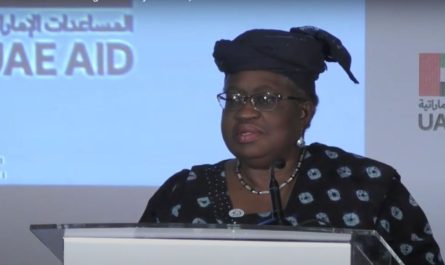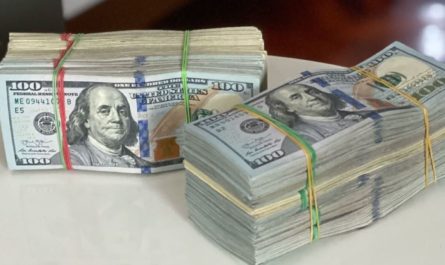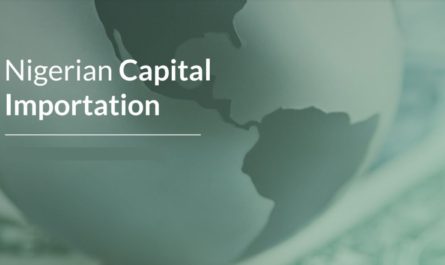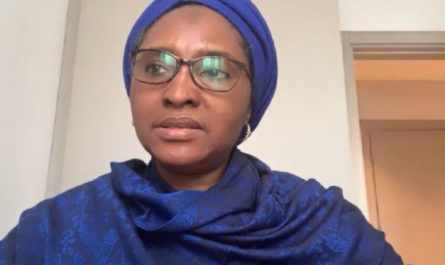Nigeria must find a solution to taxing technology companies and stop the illicit financial outflow of the estimated 50 – 60 billion US dollars yearly.
The Federal Inland Revenue Service (FIRS) held the first national tax dialogue today to discuss tax reform, tax administration and policies that could enhance the taxation system in Nigeria.
The event titled “taxation as a panacea for national development” was held at the Banquet Hall of the Presidential Villa, Abuja.
- FG’s Plan To Address Revenue Leakages And Monitoring 2021 Budget Implementation
- Explaining The Self-Certification Forms Required In Nigeria
The Hon. Minister of Communications and Digital Economy, Dr Isa Pantami, chaired the session which several officials within Nigeria and Africa attended virtually.
According to Isa Pantami, the FIRS have been doing well in generating more revenue for the Federal Government through tax.
- Requirements, Documents For Export To Other AfCFTA Countries
- Rapid Response Register For COVID-19 Cash Transfer
Nigeria must consider taxing technology companies
Logan Wort, the executive secretary of the African Tax Administration Forum, ATAF, was one of the lead speakers. He outlined some of the global issues that Africa and Nigeria must consider in taxation during his virtual presentation from South Africa.
According to him, Nigeria must find a solution to tax digital economies – Facebook, Google, Amazon, Netflix. They are making huge amounts of money from the country and globally.
“A lot of internet-based companies would be subject to an average of 28 – 30% taxes that they must pay as part of the overheads,” he said.
However, it is difficult to tax digital economies in Nigeria without them being present. He noted that taxation is the biggest system of any economy, and it is imperative.
Wort further listed the global issue that Nigeria must consider under the topic “taxation as a panacea for national development.”
How Nigeria and Africa can solve taxation issues
He pointed out the illicit flow of fund from Nigeria as the African Development Bank, AFDB, had earlier mentioned. “Nigeria must stop the illicit financial outflow of cash. The 50 – 60 billion dollars that leave the country annually needs to be saved, he said.”
Tax incentives in a period of COVID-19, is understandable, according to Wort. However, as a net for investment, it is not a good idea, he implied. “We think that countries are piling away millions of US dollars in incentives. About 3.5% of GDP is lost through incentives”.
“Companies invest in Nigeria, Ghana and South Africa because of the sustainable economy, sustainable political environment and a very good supply of human resource skills, good infrastructure and supply of energy.”
Those are the things that drive their decision, not whether they get tax holidays for 10 years. “They don’t get that in developed countries that they invest in”.
To conclude, Wort stated that, tax policies, financial inclusion and the many multilateral initiatives happening globally will impact the taxations in Nigeria in the next years.
Africans must invest on the continent, as well as, automate tax systems and support to the FIRS. In the end efficiency, automation and eradication of manual processes and corruption will increase money.
Passing the right laws, putting up systems to facilitate tax evasion and avoidance scheme must also be addressed.
According to Wort, Africa’s trade agreement, AfCFTA, is going to be big and will bring huge benefit to the continent.











